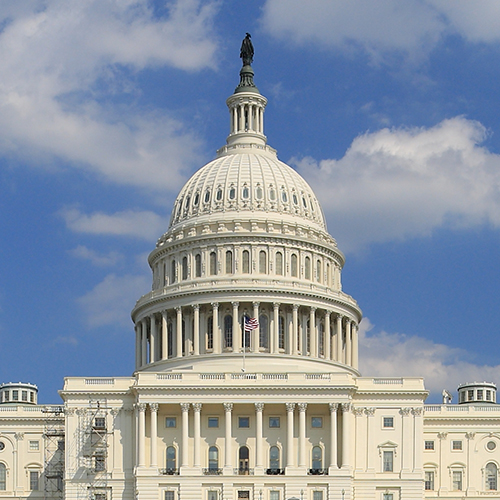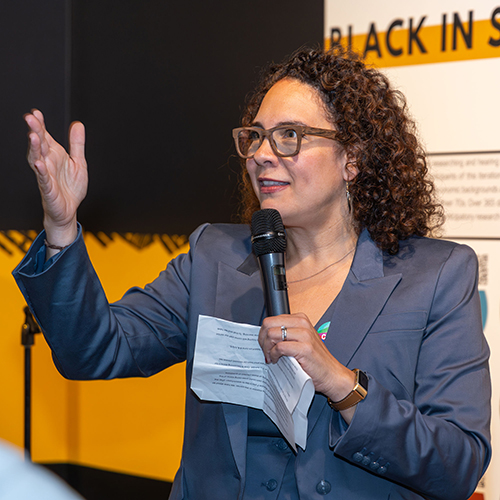On May 11, nearly 400 friends of the Henry M. Jackson School of International Studies (JSIS) gathered at the Fairmont Olympic Hotel to celebrate the School’s centennial, with Washington State Governor Christine Gregoire serving as keynote speaker. Alumni and friends flew in from New York, Europe, Korea, and other far-flung locations to attend the celebratory event.

One can imagine the Reverend Herbert H. Gowen smiling down on the affair, amazed at how his one-person Department of Oriental History, Literature, and Institutions, established in 1909, became a renowned school of international studies with a global reach. (Two other Arts and Sciences departments—Asian Languages and Literature and Near Eastern Languages and Civilization—also emerged from Gowen’s department.)
Gowen introduced himself to the University on May 11, 1909, exactly 100 years prior to the centennial celebration. During an inaugural address attended by all faculty and students, with everyone decked out in cap and gown, Gowen discussed how greater knowledge of the Orient would equip leaders with the know-how to make sound judgments in “matters of foreign policy” and enable them to transcend “provincialism” and “short-sighted and unsound” opinions. His comments echoed sentiments being expressed by leaders of the Alaska-Yukon-Pacific Exposition and the University at that time.
“Until then, except at a handful of elite East Coast institutions, there was little coverage of
the ‘Orient,’” writes Anand Yang, director of the Jackson School, in a book about the JSIS’s history created for the centennial celebration. “At most universities, liberal arts meant a classical curriculum, an education centered on learning Greek and Latin language and literature.”
For years, Gowen taught the majority of courses related to the Orient. In the early 1920s a second instructor was hired for the department, and faculty from other departments began teaching courses as well, reflecting the unit’s increasingly interdisciplinary focus. Additional regions—beginning with Russia—were added in the ensuing decades, and the department’s name changed several times to reflect its broadening scope. It became the School of International Studies in 1978, with Henry M. Jackson’s name added in 1983 to reflect the late Senator Jackson’s dedication to the department.

Today the Jackson School has 16 undergraduate and graduate degree programs, all of them interdisciplinary. The School’s core faculty—42 faculty members, 19 with joint appointments—is complemented by a larger number from across the University who are affiliated with one or more of its programs. A PhD program is in the works, which will be another milestone in the Jackson School’s long history.
“A century of remarkable achievements has set the stage for another era of transformations as we continue to expand our intellectual and pedagogical horizons,” writes Yang in the introduction to the centennial book. Echoing the sentiment of an old Chinese proverb, he adds, “May we continue to live in interesting times and for another hundred years!”
More Stories

Is This Presidential Campaign Different?
UW History professor Margaret O'Mara provides historical context for this moment in US presidential politics.

Making Sense of This Political Moment
To navigate this momentous election season, Arts & Sciences faculty suggest 10 books about the US political landscape.

Interrupting Privilege Starts with Listening
Personal stories are integral to Interrupting Privilege, a UW program that leans into difficult intergenerational discussions about race and privilege.